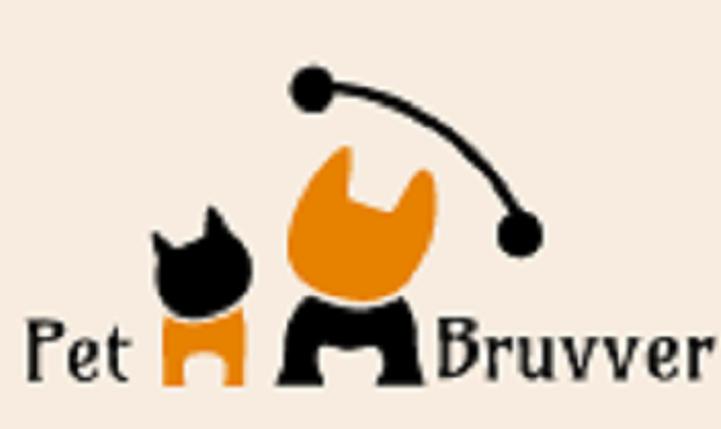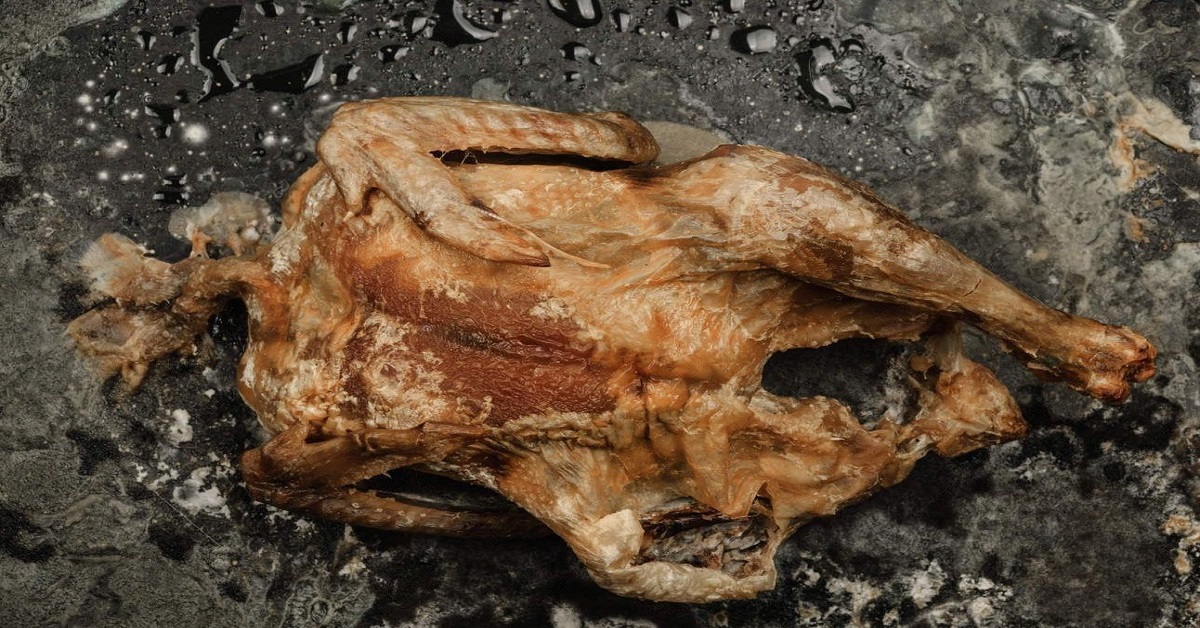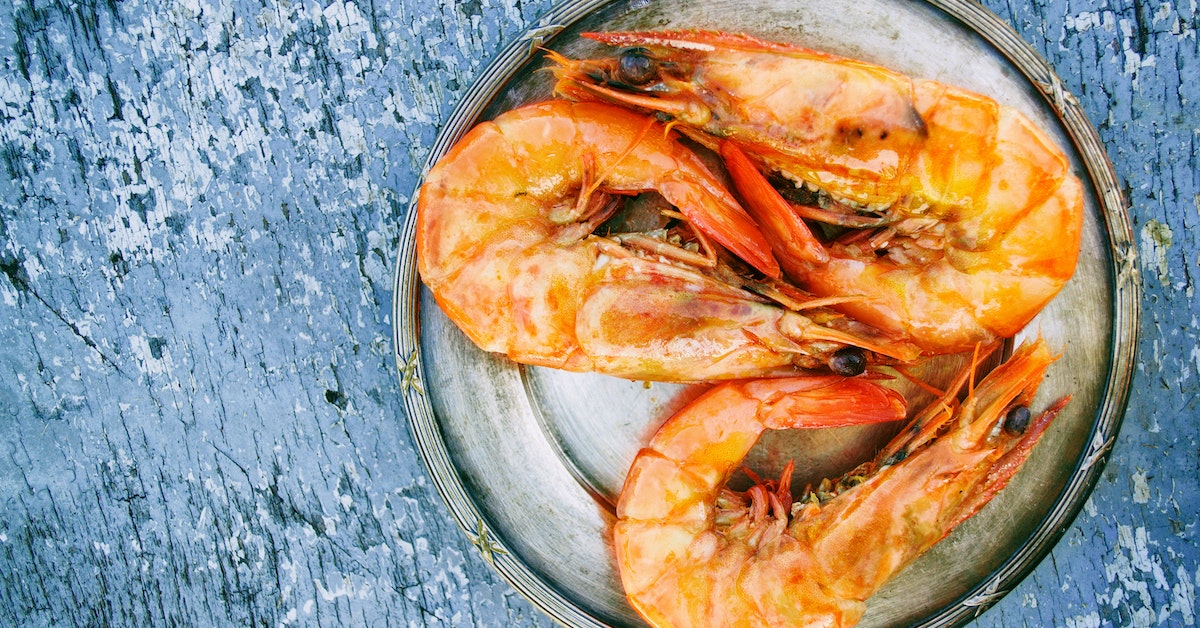Both people and dogs love cheese because it is delicious and versatile. However, do dogs eat cheese? It depends, is the answer. While some dogs may have no issues eating cheese, others can be lactose intolerant and unable to process it effectively. Cheese consumption might result in stomach distress, diarrhoea, and vomiting in lactose intolerant dogs. Ask your veterinarian if you’re unsure whether your dog can eat cheese. The advantages and disadvantages of feeding cheese to your dog will be discussed in this article. We’ll also offer some advice on how to pick the best cheese for your dog and how to get them used to eating it.
Can Dogs Eat Cheese?
Most dogs can eat cheese, but it depends on the dog. If your dog has lactose intolerance, they might have issues digesting cheese. Most dogs can eat small amounts of cheese without any problems, but others might be allergic to it. If your dog has been diagnosed with an allergy to dairy, they should not eat cheese. If your dog is lactose intolerant, eating cheese can cause stomach upset, diarrhea, and vomiting. Dogs don’t have the same amount of lactase, the enzyme that breaks down lactose, that we do. Lactose is the sugar found in milk, so it’s only found in dairy products, like cheese. Lactose intolerance is more common in younger dogs and among certain breeds, including dachshunds, corgis, and poodles. If your dog is lactose intolerant, it doesn’t mean they can’t eat dairy. There are plenty of non-dairy products that are safe for your dog, like eggs, peanut butter, and yogurt. On the other hand, if your dog doesn’t have any digestive issues after eating cheese, then it’s safe for them to eat it.
Is cheese safe for dogs to eat?
Cheese is safe for dogs to eat as long as it is given in moderation. This is because cheese is high in fat, which can lead to weight gain. Additionally, the high salt content of cheese can make dogs thirsty and increase their risk for certain health issues, including kidney stones and bladder infections. Most cheeses contain high amounts of lactose, which is why many dogs cannot eat it. Most dogs can eat small amounts of cheese. Keep in mind that dogs should not be fed cheese every day. Instead, cheese should be given as a treat from time to time. If your dog experiences any adverse effects from eating cheese, such as bloating, you should avoid feeding it to them in the future.
The Pros of Feeding Cheese to Your Dog
Cheese contains a balanced combination of proteins and fats, which can make it a highly nutritious snack for dogs.
Additionally, cheese contains calcium, which can be beneficial for dogs who are lactose intolerant. If your dog has a weight problem, you may want to avoid feeding them cheese.
However, cheese can provide your dog with a quick burst of energy. This can be helpful if you want to play with your dog or go for a walk.
The Cons of Feeding Cheese to Your Dog
As previously mentioned, cheese contains a high amount of fat, which can cause weight gain in dogs.
This can lead to other health issues, such as increased risk for diabetes, arthritis, and heart disease. In order to avoid these problems, you should feed your dog small amounts of cheese.
Additionally, dogs who are given cheese on a regular basis may develop an intolerance to it.
This can lead to digestive issues, such as diarrhoea and vomiting.
Feeding large amounts of cheese to your dog can also cause them to have bad breath and stained teeth.
Is cheese bad for dogs?
Cheese is not necessarily bad for dogs, but it is important to consider the amount that you give your dog. Dogs who are given excessive amounts of cheese on a regular basis may develop lactose intolerance. While lactose intolerance can lead to digestive issues, it can also cause your dog to stop eating cheese. This is because dogs who are lactose intolerant usually avoid lactose-rich foods, such as cheese. Keep in mind that not all dogs are lactose intolerant. Feeding your dog small amounts of cheese can be beneficial.
How to Choose the Right Cheese for Your Dog
When buying cheese for your dog, it’s important to choose a low-fat variety. The amount of fat in a serving of cheese will depend on the type. Generally, mozzarella is the lowest in fat, followed by cheddar and Swiss. If your dog needs more calcium in their diet, you can also choose a low-fat variety of other dairy products, like yogurt or milk. You can also try adding a splash of milk or yogurt to your dog’s food to boost their calcium intake. If your dog has digestive issues, you might want to avoid feeding them cheese. But if they tolerate it well and they need more calcium in their diet, you can try feeding them small amounts of low-fat cheese. You can also choose other dairy products that are lower in fat, like low-fat yogurt, milk, or cottage cheese. And if you want to add a little extra treat to their diet, you can also try small pieces of dark chocolate.
How to Introduce Cheese to Your Dog’s Diet
If your dog hasn’t eaten cheese before, it’s best to introduce it slowly. Start with a small amount and see how they react to it. You might notice your dog has an increased thirst or is urinating more often, which are signs that the cheese is causing digestive issues. If this happens, stop feeding them the cheese and give them a few days to recover before trying it again. If your dog tolerates the cheese well, gradually increase the amount you feed them over a few weeks. You can also try mixing small amounts of cheese with your dog’s regular dog food to help them get used to the taste. Once your dog is eating cheese regularly, you can also try adding small amounts to their regular dog food to boost their calcium intake.
Is cheese bad for dogs?
Cheese is not necessarily bad for dogs, but it is important to consider the amount that you give your dog. Dogs who are given excessive amounts of cheese on a regular basis may develop lactose intolerance. While lactose intolerance can lead to digestive issues, it can also cause your dog to stop eating cheese. This is because dogs who are lactose intolerant usually avoid lactose-rich foods, such as cheese. Keep in mind that not all dogs are lactose intolerant. Feeding your dog small amounts of cheese can be beneficial.
Lactose intolerance in dogs
Most dogs can digest milk just fine, but some breeds are more sensitive to lactose than others. Lactose intolerance can occur at any age, but it is most often seen in middle-aged dogs. If your dog experiences symptoms of lactose intolerance, you should avoid feeding them dairy products. Dogs who are lactose intolerant may experience symptoms similar to those of a human who is lactose intolerant. These can include bloating, cramps, diarrhoea, stomach pain, and gas.
Which Types Of Cheese Can Dogs Eat?
Cheese is a dairy product, so it is important to note that not all types of cheese are safe for dogs. For instance, aged cheeses contain high levels of bacteria and should be avoided. However, certain types of cheese may be safe to eat. For example, fresh cheeses like cottage cheese, ricotta, and queso fresco may be digestible for dogs. These cheeses are typically low in lactose, making them an excellent option for dogs who are lactose intolerant. Dogs can also eat cheddar cheese, but it should be given in moderation. Try to avoid feeding your dog processed cheeses, such as American or Swiss cheese.
How much cheese can you give a dog?
The amount of cheese that you give your dog will depend on their size. It is important to avoid overfeeding your dog cheese. If your dog is lactose intolerant, you should feed them a low-lactose cheese. However, you should note that low-lactose cheese may still contain high amounts of fat. You should avoid giving your dog large amounts of cheese, especially if they are overweight or prone to digestive issues. Cheeses with low lactose levels may still contain high amounts of fat, which can cause weight gain in dogs.
What cheese can dogs not eat?
As previously mentioned, you should avoid feeding your dog aged cheeses. You should also avoid feeding your dog blue cheese, as it can be toxic for dogs. Blue cheese contains high amounts of bacteria and mold that can be harmful to dogs. Dog owners should also avoid feeding their dogs cheddar cheese that contains Vitamin K. Vitamin K can cause abnormal bleeding in dogs, which can be dangerous.
Getting Your Dog Used to Eating Cheese
It is important to note that not all dogs will like the taste of cheese. If your dog does not like cheese at first, you should not force them to eat it. Instead, you can try feeding them small amounts of cheese over time until they become used to the taste. You can also mix cheese with other food or use it as a topping. You can also let your dog smell the cheese before feeding it to them. Your dog may be more willing to eat the food if they smell and see the cheese.
Important things to Consider while Feeding Cheese to Dogs
If your dog has never eaten cheese before, it’s important to introduce it slowly to prevent digestive upset. Start with a small amount and monitor your dog for signs of digestive distress, like diarrhea and vomiting. If they don’t experience any negative side effects, you can increase the amount gradually over a few weeks. If your dog tolerates the cheese well, gradually increase the amount you feed them over a few weeks.
You can also try mixing small amounts of cheese with your dog’s regular dog food to help them get used to the taste. Once your dog is eating cheese regularly, you can also try adding small amounts to their regular dog food to boost their calcium intake. Cheese is a rich source of protein, calcium, and vitamin B. It can also help to promote healthy skin and coat and aid digestion. But if your dog has digestive issues, you might want to avoid feeding them cheese. If they tolerate it well, you can try feeding them small amounts of low-fat cheese. You can also choose other dairy products that are lower in fat, like yogurt, milk, or cottage cheese. Cheese is a delicious, versatile food that’s enjoyed by humans and dogs alike. If your dog tolerates it well, you can feed them small amounts of cheese to boost their calcium intake. It can be a good, nutritious option to add to your dog’s diet, but you should always check with your veterinarian first.
Conclusion
Cheese can be a delicious and nutritious snack for dogs, as long as you feed them the right type. Dogs who are lactose intolerant can benefit from eating low-lactose cheese, as it is easier to digest. However, you should avoid giving your dog large amounts of cheese, as it can cause weight gain and digestive issues. You should also avoid feeding your dog aged cheeses and blue cheeses, as these contain high amounts of bacteria and can be harmful to dogs. You should also avoid feeding your dog cheddar cheese that contains Vitamin K, as it can cause abnormal bleeding in dogs. With these tips, you can easily choose the best cheese for your dog. Feeding your dog cheese can be a great way to reward them or give them a nutritious snack, especially if they are lactose intolerant.






